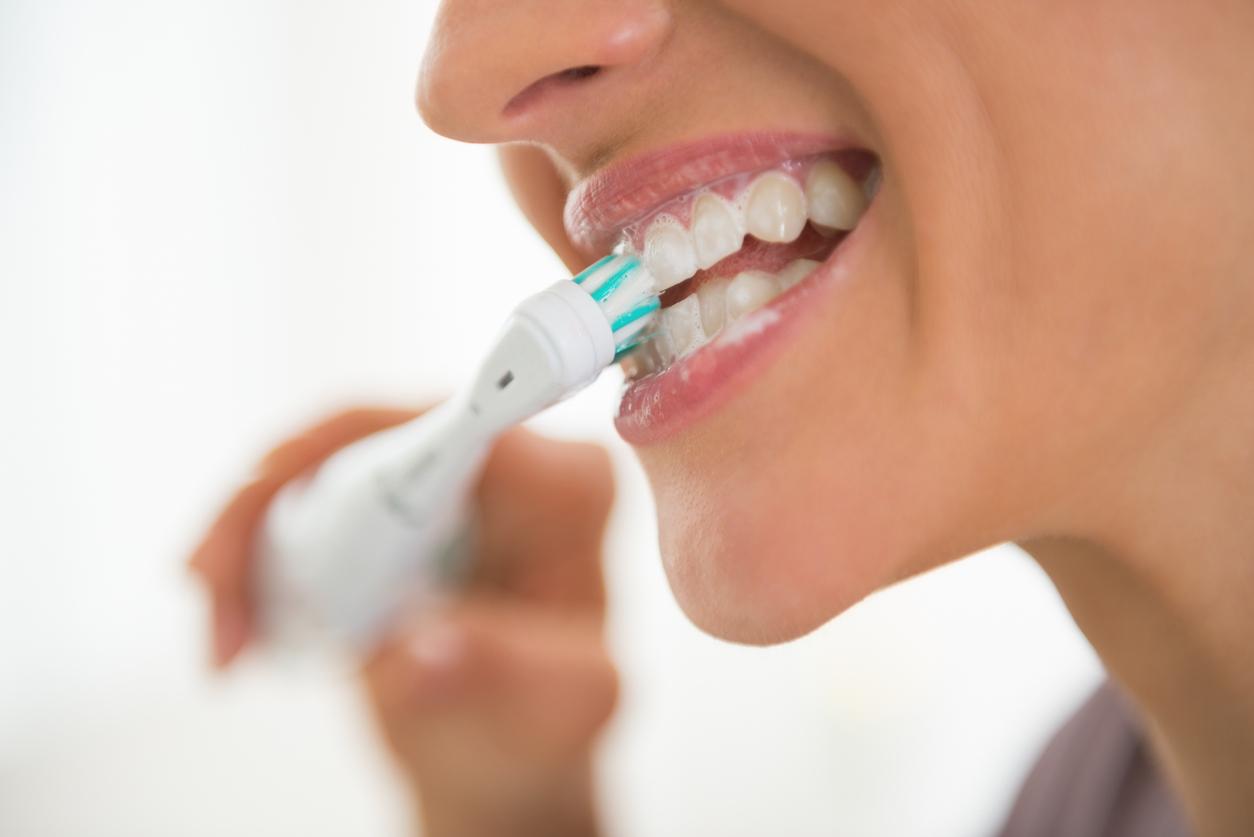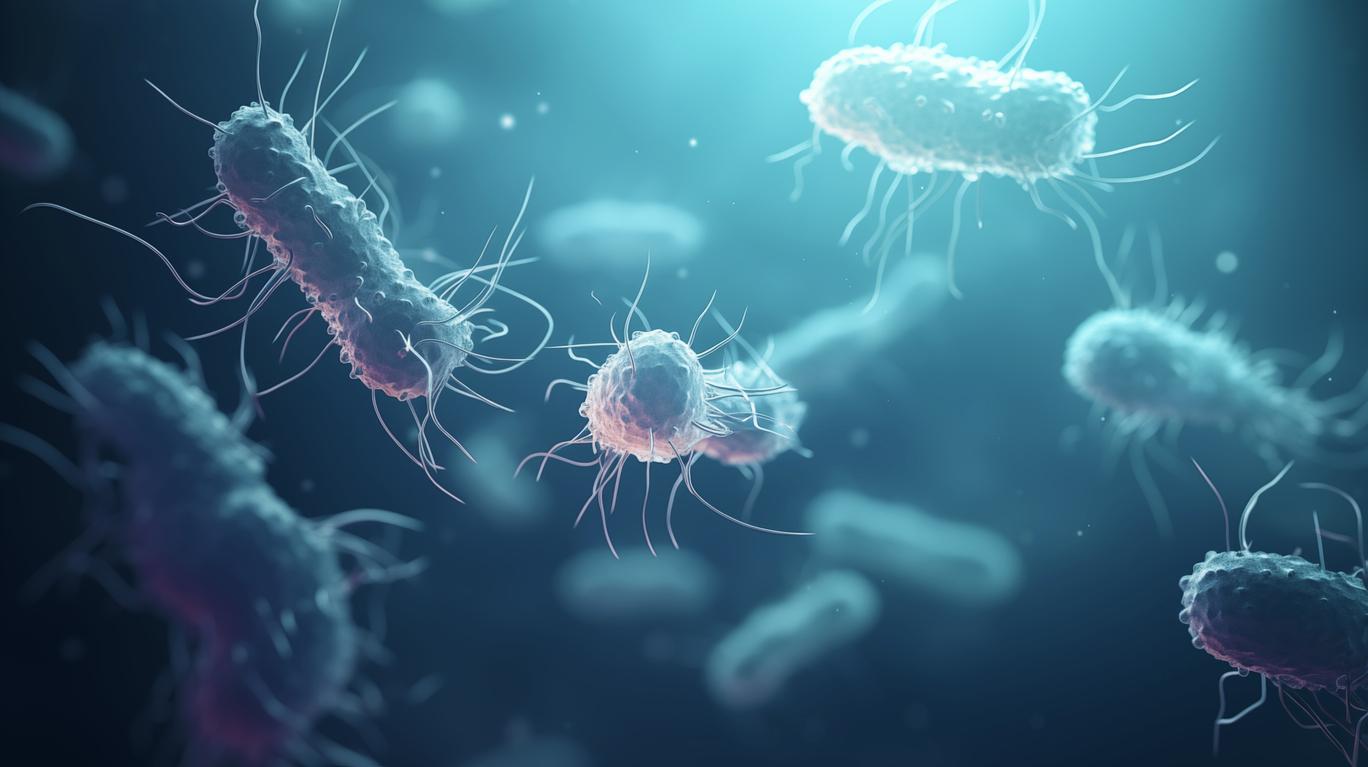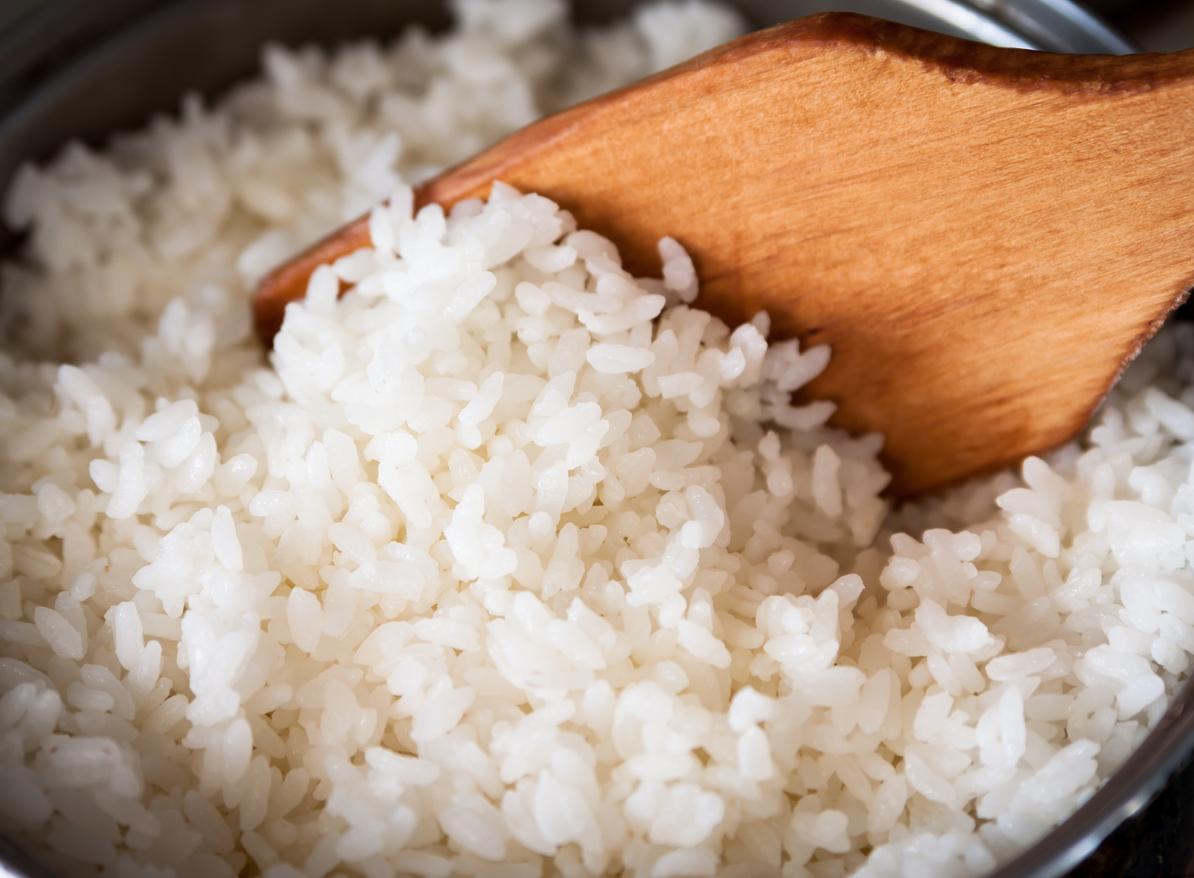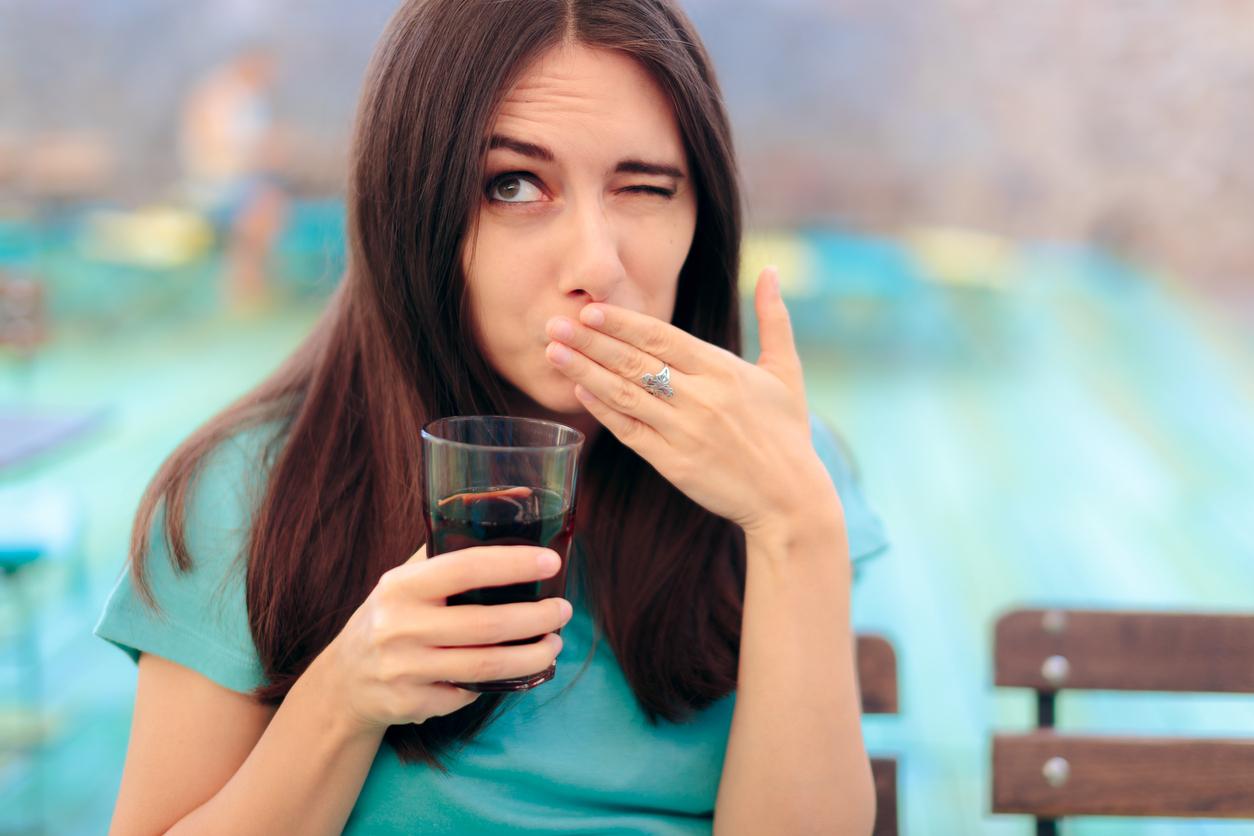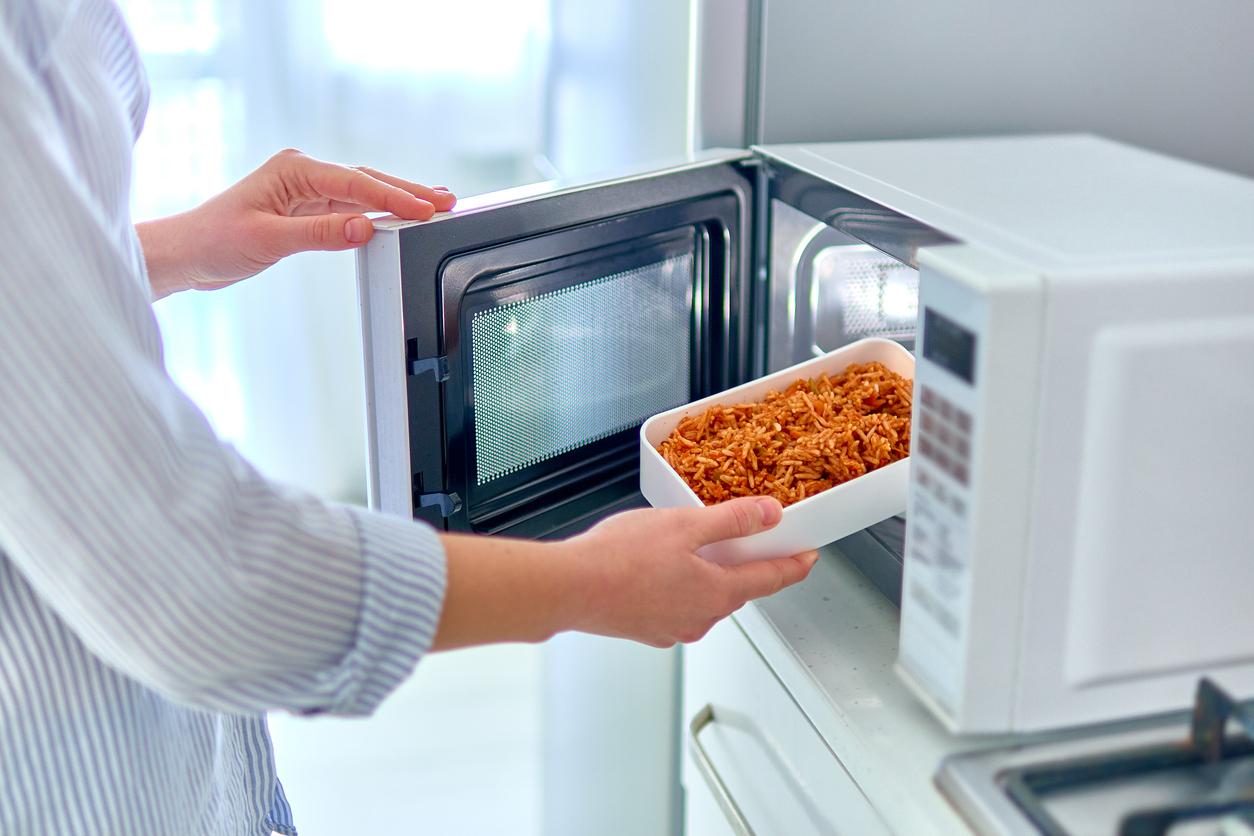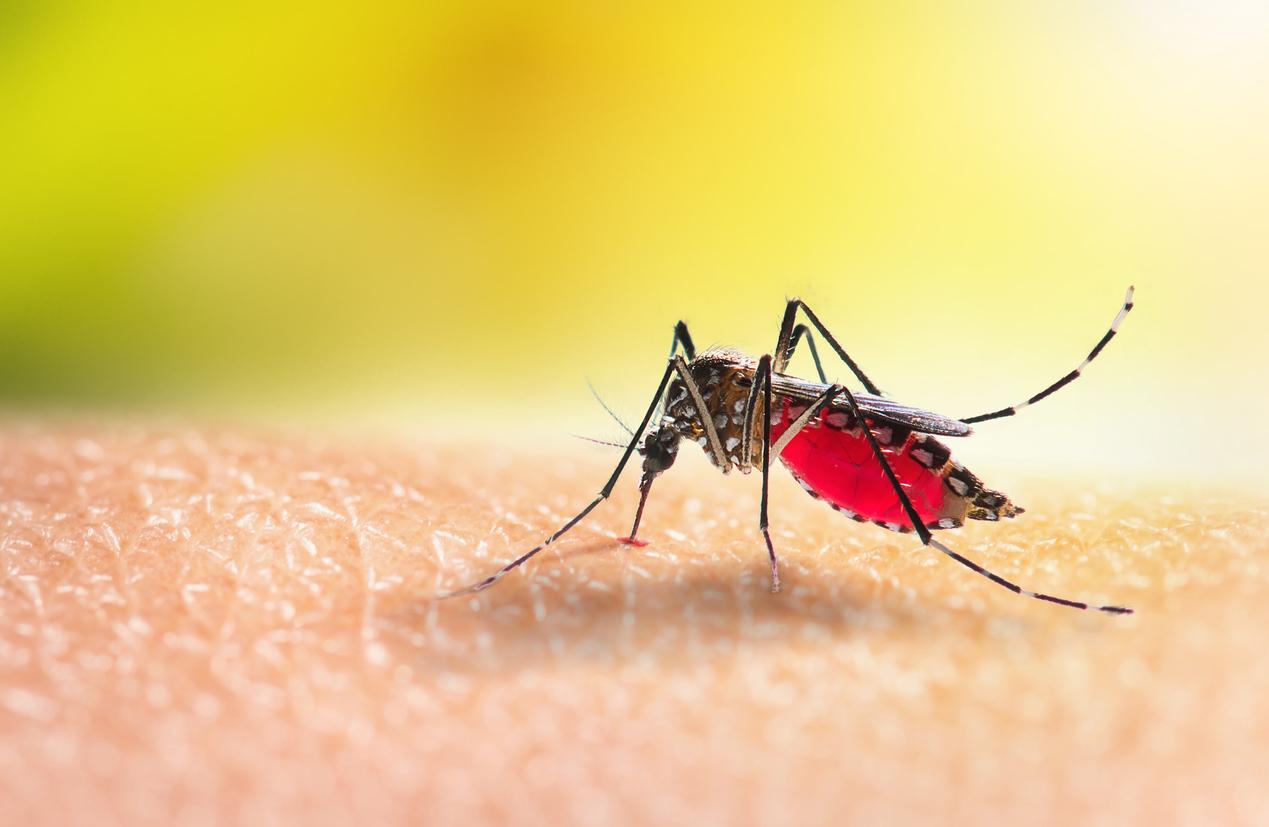The prefect of Gard has ordered the destruction of two million bottles of Perrier sparkling water for suspected contamination by fecal bacteria.
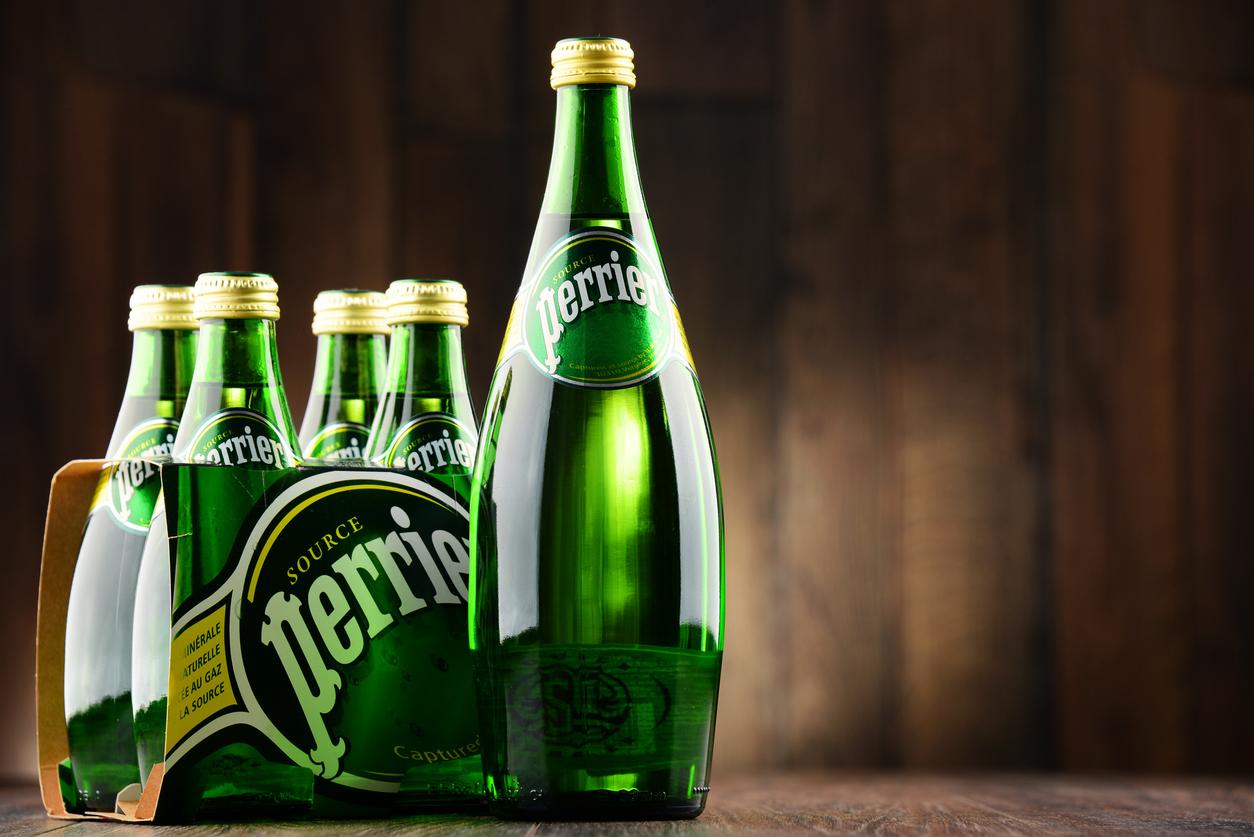
- The prefect of Gard has given Nestlé Waters France formal notice to “immediately suspend” the operation of one of its water catchments in Vergèze, in Gard, due to suspected contamination by fecal bacteria.
- The entire production of Perrier bottles, carried out between March 10 and 14, was destroyed because, according to the prefect of Gard, there was a “risk for the health of consumers.”
- This represents approximately two million bottles of Perrier water.
Two million bottles of Perrier water were destroyed in Gard, according to information from France Info, following a prefectural decree of April 19. In the document, the prefect of Gard indicates having given formal notice to the company “to suspend without delay” the exploitation of one of its catchments in Vergèze, the historic source of Perrier water. The reason is a suspicion of contamination by fecal bacteria, in particular Escherichia coliand germs of the species Pseudomonas aeruginosa.
A health risk linked to the presence of fecal bacteria
It was the heavy rains from storm Monica which, on March 10, contaminated this catchment with fecal bacteria. Thus, all production of Perrier made between March 10 and 14 was destroyed because, still according to the prefect of Gard, there was a “risk to consumer health”.
“In view of the uncertainty regarding the health risks linked to the quality of natural mineral water and on the proposal of the general director of ARS Occitanie, the prefect of Gard asked the operator”, in application of the public health code, “to destroy all products from batches of natural mineral water manufactured on the line concerned during the period from March 10 to 14”, explains the Directorate General of Health (DGS) in a document sent to AFP.
Nestlé Waters France, which owns the incriminated brand, emphasizes that the bottles were destroyed “as a precaution” and that those currently on sale are safe, we can read in a communicated. “All bottles made available to our customers and consumers can be consumed in complete safety”explains Nestlé, Reporterre. Operation of the catchment will only be able to resume when the company has provided compliant analyzes over several months.
But is the destruction of bottles produced between March 10 and 14 sufficient? No, for the NGO Foodwatchwhich calls for a massive recall of water bottles already on the market because they could also be contaminated.
“What is alarming is that without this decision by the prefect of Gard, the bottles would perhaps have gone onto the market. indicates Ingrid Kragl, information director of Foodwatch, to Reporterre. “This is not the first time it has rained like this. Haven’t there already been contaminations before? Did we still put the products on the market?”
Several scandals target bottled water
Since the start of the year, bottled water has been singled out. Indeed, in a survey published last January, Franceinfo And The world revealed that several manufacturers, including Nestlé, had illegally filtered their water to mask contamination.
Then, in April, the two media revealed a note from the National Food Safety Agency (ANSES), sent to the government last October. In it, experts indicate a “insufficient level of confidence” For “guarantee the sanitary quality of finished products“, that is to say natural mineral waters marketed by the Nestlé group, such as Vittel, Contrex Or Hepar. ANSES also pointed out the presence of eternal pollutants (PFAS) and pesticides in proportions sometimes exceeding the regulatory limit for natural mineral water of 0.1 micrograms per liter.
If you prefer to drink tap water, you can control its quality with just a few clicks. Indeed, THE Ministry of Health website allows access to the results of health checks, municipality by municipality.









